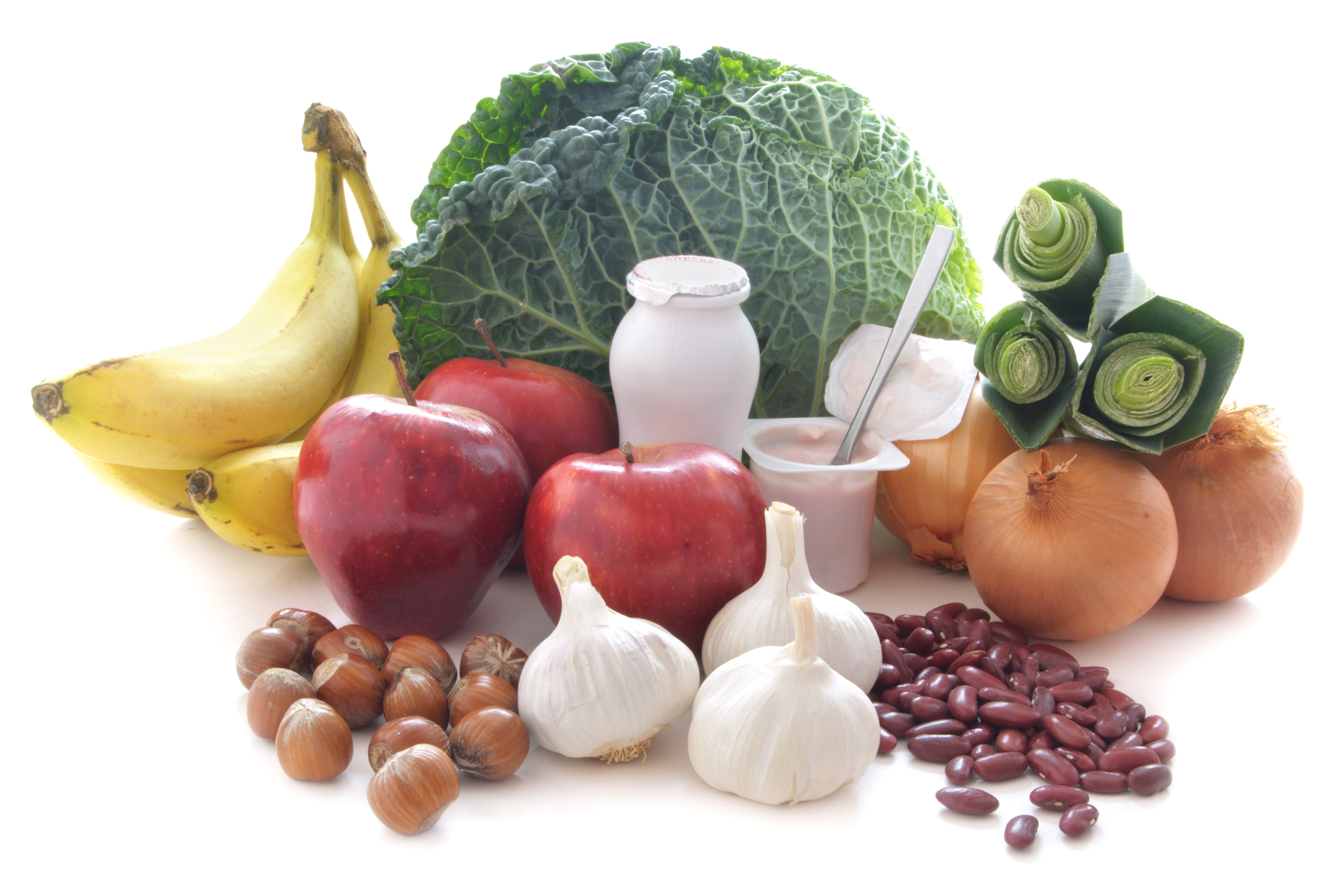We asked high school athletes what they eat, and nutritionists what they should

Understanding Nutrition for High School Athletes
Navigating the world of nutrition and dieting on social media can be a complex task, especially when it comes to high school athletes. With so much information available, distinguishing between reliable advice and misleading trends is crucial. For students involved in sports, making informed choices about their diet can significantly impact their performance, training, and overall health.
Experts emphasize the importance of verifying the credentials of anyone offering nutrition advice. Rachel Gorham, a health and wellness specialist with Twin Cities Orthopedics and Training HAUS, encourages athletes to seek out registered dietitians or specialists in sports dietetics. This ensures that the information they receive is backed by scientific research and professional expertise.
The Role of a Balanced Diet in Athletic Success
A well-balanced diet plays a vital role in an athlete's success. Maple Grove football coach Adam Spurrell highlights how his team’s commitment to both physical training and proper nutrition contributed to their Class 6A state championship win in 2024. He notes that the kids who succeeded were those who physically committed themselves to the weight room and maintained good dietary habits.
As high school sports competitions begin across Minnesota, many athletes share their personal strategies for fueling their bodies effectively. Here are some insights from student-athletes:
- Kaelyn Bjorklund (Lakeville South volleyball): Emphasizes the importance of a nutritious breakfast, such as scrambled eggs and a protein bar before workouts, along with protein after exercise.
- Jett Feeney (Moorhead football): Warns against drinking raw eggs, which he considers one of the worst pieces of advice seen online.
- Larry Smith Jr. (Brooklyn Center football): Recommends eating light meals like fruits before games and staying hydrated throughout the day with protein drinks.
- Romi Chlebecek (Lakeville South volleyball): Stresses the importance of balanced meals and hydrating with electrolytes after intense activity.
- Maddie Gullickson (Wayzata cross-country): Shares her pre-race routine, including peanut butter and jelly sandwiches, nuts, and electrolyte drinks three hours before a race.
- Elle Utecht (Lakeville South volleyball): Advises avoiding excessive carbs, candy, and sugar, opting instead for balanced meals and healthy morning snacks like eggs, yogurt, and toast.
- Tyler Walker (Moorhead football): Recalls a negative experience with a protein shake that included eggs, milk, and spinach, which he found unappealing.
- Grace Hertaus (Lakeville South volleyball): Highlights the benefits of team dinners, where underclassmen can observe and follow healthy eating habits, avoiding fast food and sugary drinks.
Expert Insights on Nutrition for Athletes
Rachel Gorham provides guidance on healthy carbohydrate options for athletes, suggesting easy-to-digest foods like pretzels, graham crackers, fruits, and sports products such as chews or gels. She also emphasizes the importance of post-workout recovery, recommending a combination of carbohydrates, protein, and fluids. Chocolate milk is often cited as a convenient option due to its balanced mix of nutrients.
Gorham also addresses common misconceptions about pre- and post-workout nutrition. One major myth is the belief that skipping meals before practice is acceptable. Research shows that not eating can increase the risk of injury, as the body needs energy to perform effectively. Another misconception is relying solely on protein drinks for recovery, which may not provide the necessary carbohydrates for muscle repair.
Dr. Renee Korczak, assistant teaching professor at the University of Minnesota Department of Food Science and Nutrition, adds that the timing of meals is essential. If an athlete wakes up early and practices later, a well-balanced meal three to four hours before practice allows for proper digestion and energy utilization. High-quality proteins from dairy, meats, and plant sources are recommended for muscle support and recovery.
For recovery, Korczak suggests focusing on a blend of carbohydrates and protein to replenish glycogen stores. Simple foods like chocolate milk are ideal due to their natural sugars and protein content.
Importance of Verifying Credentials
Both experts stress the importance of checking the credentials of individuals providing nutrition advice. They recommend looking for professionals with recognized qualifications such as RD (Registered Dietitian) or RDN (Registered Dietitian Nutritionist). These credentials ensure that the advice given is based on scientific knowledge and professional training.
In summary, high school athletes must be vigilant about the information they consume and seek out credible sources for nutrition advice. A balanced diet, combined with proper hydration and informed choices, can greatly enhance athletic performance and overall well-being.
Post a Comment for "We asked high school athletes what they eat, and nutritionists what they should"
Post a Comment